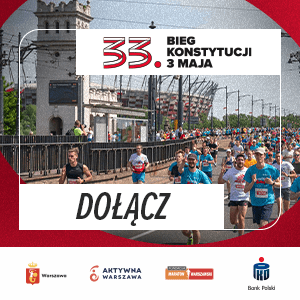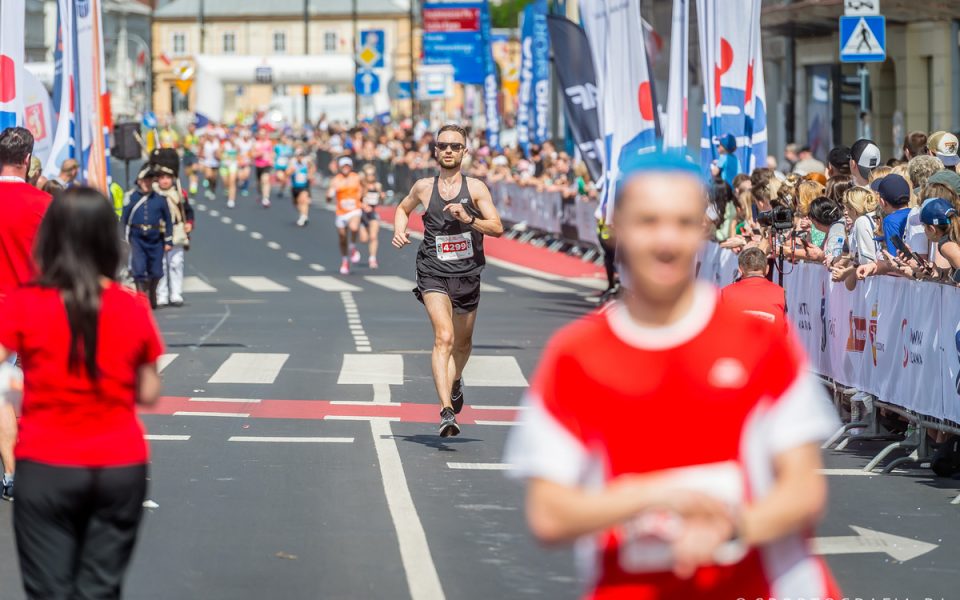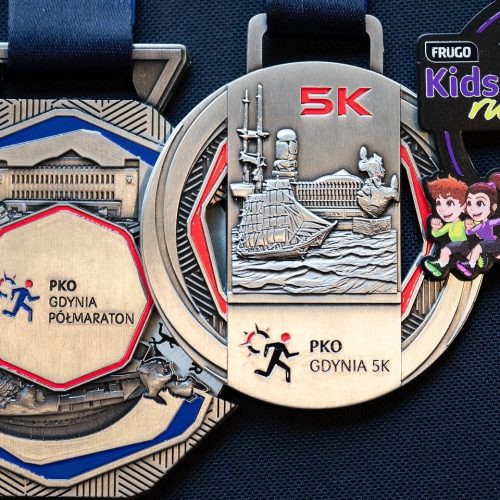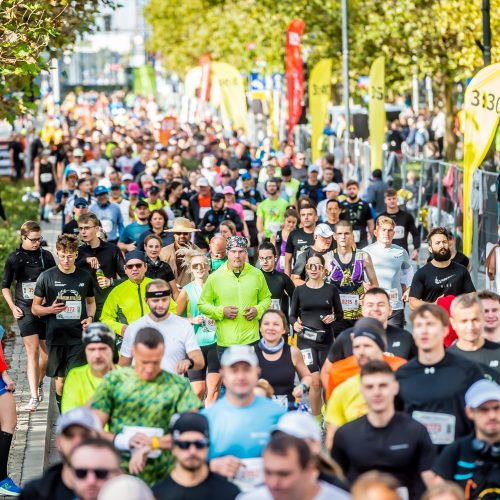Alcohol and Headaches: Why They Happen and What You Can Do

The most effective way to avoid a hangover headache is to avoid drinking, or avoid drinking in excess. Some companies use misleading advertising to claim that their products can prevent hangovers. But the only guaranteed way to https://ecosoberhouse.com/ prevent a hangover is to not drink alcohol. Congeners are more likely to produce a hangover or make a hangover worse.

Types of headaches
It goes without saying that the only way to guarantee you avoid a hangover headache is to avoid drinking alcohol entirely. This isn’t always possible though and if you are currently struggling with alcohol dependency or addiction, stopping cold turkey could be dangerous. It’s also believed that drinks which have aged over a period of time may be more likely to result in delayed alcohol-induced headaches. Wine is especially high in tannins, which in some people, can trigger headaches. That said, broadly speaking, clear spirits like vodka are considered the least likely to cause a hangover and thus result in an alcohol-induced headache compared with darker drinks. However, there has been evidence to suggest that vodka is the least likely alcoholic beverage to cause a hangover.
How long will a cocktail headache last?
Alcohol-induced headaches are extremely common and can be caused by a variety of factors. These include the diuretic effect of alcohol, which leads to dehydration, as well as the presence of ethanol, histamine, and congeners in alcoholic drinks. While the exact mechanism is not fully understood, it is known that alcohol can trigger migraine, cluster, and tension-type headaches. Red wine is often reported as a trigger, but other alcoholic beverages such as beer, white wine, and liqueurs can also cause headaches. Sensitivity to specific ingredients, body weight, and genetic factors may also play a role in alcohol-induced headaches.
Long-Term Strategies for Prevention
We use only trustworthy sources, including peer-reviewed studies, board-certified medical experts, patients with lived experience, and information from top institutions. Creating an environment conducive to sleep—darkening rooms, eliminating noise distractions—can facilitate more restful slumber post-drinking sessions. Incorporating these foods into breakfast or brunch may offer both comfort and relief. The combination of dehydration, inflammation, and toxic buildup creates a perfect storm for headache sufferers. Understanding this mechanism Twelve-step program helps highlight the importance of rehydration and detoxification when seeking relief. In other words, the only real way out of a hangover is through.
Treating a hangover headache
Having another drink may temporarily curb withdrawal symptoms and make you feel better. But unless you intend to keep drinking, the alcohol levels in your body will eventually drop, causing a headache anyway. And, of course, continuing to drink to avoid hangover symptoms can increase your risk of alcohol dependence in the long run. Other reasons why alcohol causes headaches include changes in blood flow to the brain, inflammation of blood vessels, and its impact on serotonin levels. Additionally, alcohol affects blood circulation in the brain, massive headache after drinking causing an increase or decrease in blood flow that can result in throbbing headaches.

What Factors Affect the Risk of an Alcohol-Induced Headache?
Alcohol poisoning can be deadly or have serious long-term consequences. The study also suggested that heart rate increases as you drink more alcohol, and these increases can raise your risk of arrhythmia, an irregular heartbeat. Of course, the best way to avoid an alcohol-induced headache is to avoid alcohol completely – but we know this isn’t always possible. If you are struggling with how much alcohol you consume, cutting it out altogether may not be the best idea. Remember, these tips aren’t about restricting our enjoyment; they’re meant to enhance it.
- While red wine has been described as a dominant trigger of migraines and cluster headaches, white wine, champagne, sparkling wines, and beer have also been linked to headaches.
- Since alcohol has a dehydrating effect, drinking 16 ounces of water between each alcoholic beverage can help offset alcohol-related dehydration.
- No one wants to feel discomfort the morning after a fun night out drinking, and a headache makes it hard to start the day energized.
Dizziness is a common symptom of the dehydration that comes with a hangover. When you’re dehydrated, your blood pressure drops, which limits blood flow to your brain and causes dizziness. But after a few drinks, your heart starts pumping faster, and the blood vessels can’t expand enough to accommodate all the blood. And the more you drink the night before, the more severe your hangover symptoms might feel the morning after.
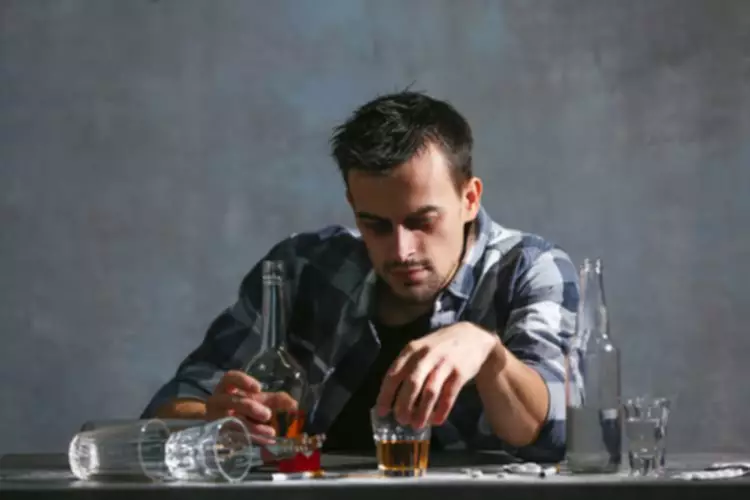

The Reframe app equips you with the knowledge and skills you need to not only survive drinking less, but to thrive while you navigate the journey. Our daily research-backed readings teach you the neuroscience of alcohol, and our in-app Toolkit provides the resources and activities you need to navigate each challenge. Furthermore, remember that your weight, age, and body composition also affect alcohol metabolism. The older you are, the harder it is for your body to metabolize alcohol. Migraine Again follows strict sourcing guidelines to ensure the accuracy of its content, outlined in our editorial policy.



